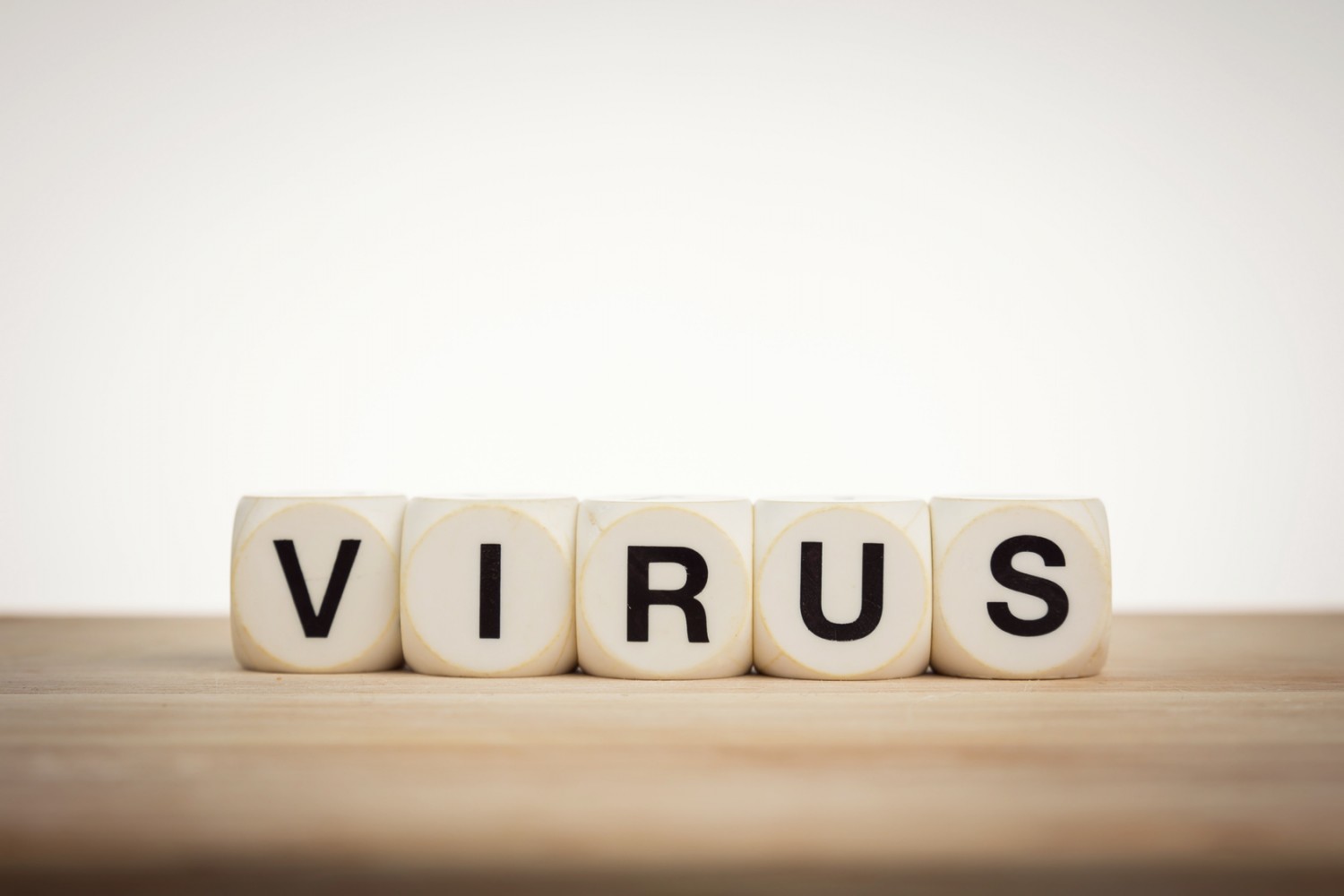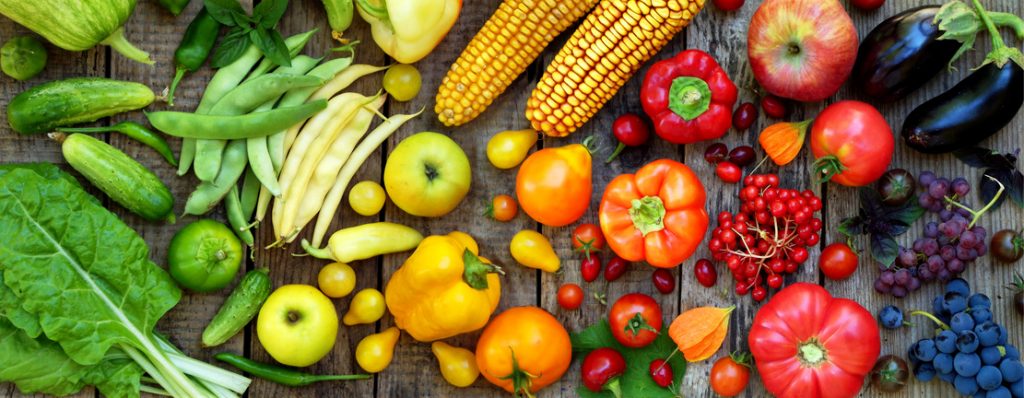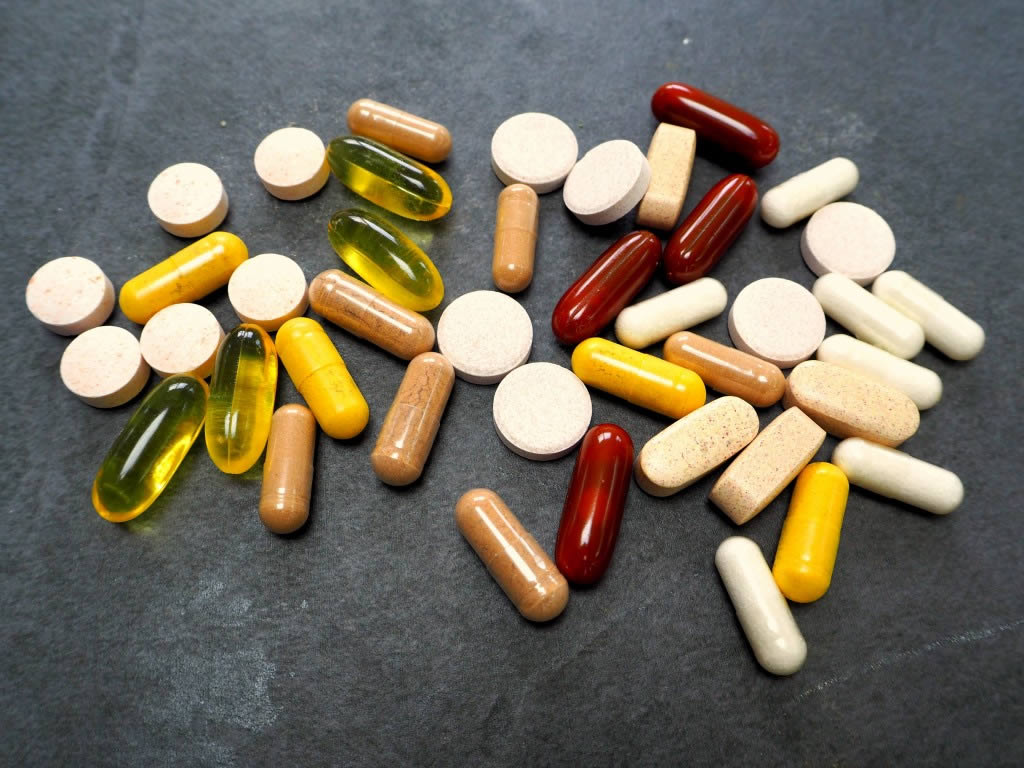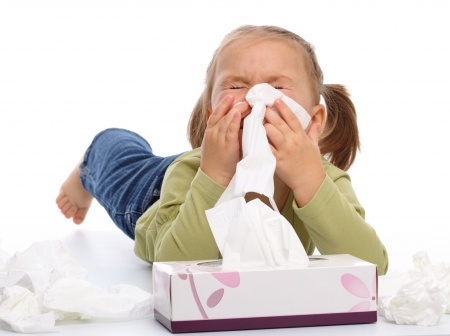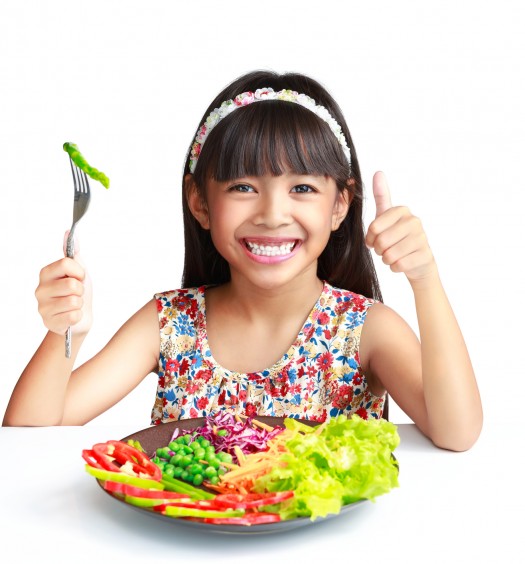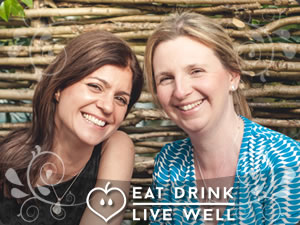Natural prevention Strategies
We’ve been bombarded with the news of the spread of the new coronavirus and with that we’ve been receiving many queries about what we can do to protect ourselves and whether any natural cures exist. We firmly believe that good nutrition is the best protection you and your families can take at the moment. This should help to build resilience and offer the greatest protection should you come into contact with the virus.
Medical treatment
There is currently no known treatment for the new coronavirus. Much research is underway on drugs and vaccines but they are still very much in the experimental stage and with the virus appearing to have mutated we may be waiting quite a while before a safe drug is available.
So what sensible measures can we take?
- Frequent hand washing – especially before eating. Our hands are going to get very dry over the coming weeks, I would buy a small jar of coconut oil (found in most supermarkets now) and use this as a moisturiser, not only will this help combat dryness but coconut oil also has anti-microbial properties for extra protection
- Avoid touching your eyes, nose and mouth – especially when out
- Stay at home when you’re sick – healthy people are unlikely to be severely affected by the virus but we all have a responsibility to protect the more vulnerable and people with suppressed immune systems in our community and the best way to help is to self-isolate to avoid infecting anyone that could be at risk.
- Use a nasal spray – this is standard advice for any viral infection. Exposure to an airborne virus can lead to it settling and multiplying in our nasal passages for a period of time before it reaches deeper tissues that causes symptoms. Nasal sprays can rinse the viral particles away before they take hold, preventing serious infection. You can simply use a saline spray, silver spray (see below) or one with added grapfruitseed extract for more anti-viral properties. Another option is to line the nasal passages with coconut oil or Vaseline when in crowded areas as this can act as a barrier preventing a virus from attaching to our tissues.
When faced with a virus with no known cure, supporting the immune system is key. People with suppressed immune systems, and the elderly, seem to be especially vulnerable to coronavirus, so one of the most obvious defensive strategies is to boost immune function.
Good nutrition is paramount to a properly functioning immune system and being able to combat any virus. It’s the number one priority. Diets that are high in vegetables and fruits are most beneficial as these provide a host of vitamins, minerals and antioxidants. You’re aiming for over 5 servings of vegetables and 1-2 of fruit per day, looking for a rainbow of colours to give a full spectrum.
If you haven’t already, we highly recommend you download our rainbow chart where you can tick off your portions of each colour eaten each day. It’s a great way to see those colours that you may be lacking and help focus on what foods you may need to stock up on.
Foods that have significant immune-boosting properties include mushrooms (of all kinds – including standard button mushrooms – but oriental mushrooms such as shiitake are even more powerful), onions, garlic, greens, coconut oil, turmeric, ginger, oregano and fermented foods for their pre and probiotic content.
I’m going to single out cruciferous veg for their ability to boost glutathione levels. Glutathione is a master antioxidant and can help support the immune system. Along with vitamin C and vitamin A it is a powerful tool for protecting the lungs against pathological conditions and is one of my go to nutrients for any viral protection.
Sugar weakens the immune system – a teaspoon can suppress if by up to 5 hours so it’s worth minimising sweet things and keeping an eye out for hidden sugars in processed foods and drinks.
And often overlooked is protein. Amino acids are vital to immune cells being able to launch an assault. A lack of protein (found in meat, fish, eggs, nuts, seeds, dairy and beans) severely weakens the immune system leaving us far less chance of resisting any illness.
Exercise: The immune system has no ‘pump’ and so relies on good circulation to be active in all parts of the body. Moderate exercise at least five times a week helps keep your circulation in good order as does a relaxing massage if you’re feeling lazy. Plus massage helps to relieve stress – and stress can also suppress immune function.
Stress has an incredibly detrimental effect on immune cells. That is why steroids are so good after transplants – they stop the immune system from attacking the new organ. We don’t want to block our immune army, we want it fully functioning to decrease our susceptibility to disease.
Although certain stressors can’t be avoided, the way we respond to them can. Simply exercising, deep breathing, listening to music and yoga can all calm the system. I particularly like a long walk in the park (with or without the dogs) and just taking the time to admire the blossom or looking at the geese teaching their goslings to swim. And if/when the sun comes out, take the time to pause and get some exposure, this is not only instantly calming but can also help boost vitamin D levels – more on that below.
Just switching from our faced-paced ‘go,go,go’ mentality and taking time to appreciate our surroundings, however urban they may be can make that biochemical switch to our calmer state. And if you need a little extra support to reduce stress, there are a number of herbs that can really help. Click here for our full article on dealing with stress and the best herbs to use.
Sleep: staying up late reading and worrying about coronavirus isn’t going to do anyone any favours – particularly not your immune system. Not only does tiredness increase stress, but even a moderate lack of sleep increases inflammation in our body, making us more vulnerable to disease. Increasing sleep actually increases our white blood cell count (part of our immune army that helps to neutralise ‘invaders’) so try to get to bed a little earlier and follow our sleep hygiene tips to ensure that the sleep you are getting is the deep, beneficial kind.
I write this with caution as this is not a time to go necking every immune supplement in Holland and Barrett. Neither is it a time to just take higher levels of your multivitamin (although we’d certainly advise taking it daily at the moment if you normally have a tendency to forget). Certain nutrients out of balance can cause more problems and create other issues. But there are some specific, targeted nutrients that have been repeatedly shown in clinical trials to be protective against viral infections, boost immunity and lower morbidity from severe respiratory illness. Whilst this list is not exhaustive, it does cover the most essential nutrients that we would suggest to fight any virus.
We have added some recommended products if you are interested, there are literally hundreds to choose from and the suggestions below have been selected for both quality, price point and safety levels *.If you are interested in ordering anything, apply the code EDLW10 to the order to qualify for a 10% discount, or contact us for more information.
Herbs
Elderberry (sambucus) exhibits extraordinary anti-viral properties. It has not been specifically researched against any coronavirus strain, but in the face of no medical options, I would certainly consider it as it may prevent viruses from entering and infecting our cells and inhibits their replication.
Other powerful herbs include astragalus, Echinacea, olive leaf extract or cat’s claw that can give the immune system a boost and can increase white blood cells. These can often be found in combination formulas.
This is just an example product that we like…a combination of Elderberry, Elderflower, Olive Leaf and Ginger https://naturaldispensary.co.uk/products/Elderberry_and_Olive_Leaf_Super_Blend_40g-14320-0.html
Vitamins
Vitamin C is a remarkable antioxidant and immune booster and is the number one supplement to take for both prevention and at the first sign of infection. Studies have repeatedly shown its efficacy at combating illness, especially when combined with zinc. When there is any virus going around, I would take a combination of vitamin C and zinc (providing at least 1g of vitamin C) and much more if the infection has taken hold.
According to Dr Robert Cathcart, one of the pioneers of intravenous vitamin C therapy (IVC), it can defeat all bacterial and viral infections. Whilst this may be a little over-optimistic, there is a wealth of research behind high dose Vitamin C and viruses. Patrick Holford has been doing much research on the subject and claims “there is no virus yet investigated that a sustained high dose of vitamin C, given intravenously, or in high and continuous oral doses, hasn’t killed off or substantially suppressed.” There are currently at least three major trials using intravenous vitamin C therapy underway in China for advanced stage coronavirus. Without any effective drugs at this time, scientists are turning to high dose vitamin C as a safe alternative.
We highly recommend that you supplement with vitamin C and if you’re trying to boost levels quickly opt for liposomal or a powdered supplement over a pill.
A great tasting powder with minerals, bioflavonoids and berry extracts. Dissolves easily into water and good for kids and adults biocare vitamin C and bioflavonoid powder
More pricey but more potent C-RLA offers a high dose vitamin C and R-Lipoic Acid in a highly absorbable form https://naturaldispensary.co.uk/products/C_RLA_300ml-20541-0.html
Vitamin D has many vital roles in the body and is absolutely crucial for activating our immune defenses, triggering the T-cells that destroy invading viruses. Researchers have found that giving supplements of Vitamin D reduced infections by colds and flu by 70%. Unfortunately food sources (butter, fish, eggs) cannot offer enough so it’s wise to supplement – especially as we draw to the end of winter.
Vitamin D3 drops, an emulsified liquid vitamin D formula that allows flexible dosing. Each drop provides 1000iu of the preferred form of vitamin D
https://naturaldispensary.co.uk/products/Vitamin_D3_Drops_1000_30ml-5940-0.html
Vitamin A helps to regulate immune function. Whilst it is powerful in any immune arsenal, there is other logic to taking this vitamin. It is required for epithelial barriers to regenerate – put simply, the barriers lining our GI tract, our lungs and any potentially vulnerable areas to external pathogens need to be intact to help prevent exposure to pathogens. Pre-formed vitamin A is found in dairy produce and liver particularly – and it’s pre-cursor, beta-carotene is found in most plant foods – hence our recommendation of following our Rainbow Food guide. But at this time you may want to top up with a supplement.
Liquid vitamin A and vitamin E that can be taken under the tongue or added to water. Helps with maintenance of mucous membranes and function of the immune system https://naturaldispensary.co.uk/products/Vitamin_A_E_Drops_25ml-13706-0.html
Glutathione is a master antioxidant and can help support the immune system. Along with vitamin C and vitamin A it is a powerful tool for protecting the lungs against pathological conditions and is one of my go to nutrients for any viral protection.
This liquid formula is highly absorbable and preferable to a capsule form of glutathione. https://naturaldispensary.co.uk/products/Liposomal_Glutathione_100ml-16907-0.html
Lysine is often combined with vitamin C for it’s anti-viral properties.
Zinc works with vitamin C and we frequently see low levels in our clients, particularly in older people that struggle with absorbing nutrients due to lowered stomach acid. Great food sources include meat, shellfish, legumes (chickpeas, lentils and beans), nuts, seeds and eggs. If you are taking a potent multivitamin this should contain a good base of zinc that can be bolstered by diet, otherwise you may wish to consider zinc drops or a broad mineral complex.
Probiotics and S. Boulardii
Adding dietary fermented foods can give the immune system a significant boost and you can take it further by taking a good probiotic supplement that also includes S. Bourlardii, a beneficial yeast that helps stimulate epithelial barrier immunity (gut, nose, throat, lungs) to help us fight any potential infection. Studies have shown dramatic reductions in fever and upper respiratory symptoms in those who took a combination of Bifidobacterium and Lactobacillus throughout flu season.
Ultra probioplex Duo is a formula providing 4 different strains of live bacteria, S. boulardii and blackberry extract – plus a small amount of vitamin D
https://naturaldispensary.co.uk/products/Ultra_Probioplex_Duo_30_s-10000558-0.html
Silver
Colloidal silver is my go-to for any infectious situation – from a knee scrape, a verucca, a hand sanitizer, throat infection, conjunctivitis and gut infections. This cheap mineral solution can be safely used in small amounts on a daily basis, can do no harm and offers significant protection.
It is considered nature’s most powerful antibiotic. It has been successfully tested at UCLA Medical Labs where it has killed every virus on which is was tested – in the case of HIV-1 it killed all virus cells within 3 hours no matter which concentration was used. It also killed the flu virus and MRSA. Silver is currently being added to medical equipment and hospital furniture as a way of preventing ‘superbugs’.
Silvercillin is a highly effective preparation composed of pure silver complexed with purified water. An incredibly powerful, non-toxic form of silver with zero build-up in the body https://naturaldispensary.co.uk/products/Silvercillin_Spray_118ml-15427-0.html
What we are doing at home
There isn’t much change to our normal dietary routine in the face of this new virus. Normal winter precautions offer protective mechanisms to help fight any virus. We focus on a well balanced diet, with plenty of colourful fruits and vegetables, healthy fats from fish, nuts and seeds, quality proteins (grass fed meats, fish, eggs and beans) and lots of fluids – particularly warm drinks such as ginger tea. With the kids around it’s tricky to completely avoid sugar, despite my best efforts it does creep in here and there. I have been trying to curtail this, particularly in the daytime when exposure is more likely. Similarly alcohol can suppress immune function so should be limited for now.
On top of our normal multivitamins we have also been taking liposomal vitamin C, liposomal glutathione, vitamin A and D drops and a probiotic containing S. Boularddi.
And if out and about in crowded areas or travelling by tube or train keep a bottle of colloidal silver handy – a couple of sprays to the throat or on your hands will help protect against any pathogens that may have been circulating.
We hope that you find this article helpful. We understand that many people are very concerned and we would like to emphasise the fact that at the moment, the best prevention and protection that you and your families can take is to ensure that you are well nourished and we would strongly consider extra supplementation.
We cannot discuss generic dosing for each supplement as there are many factors that can influence this – age, medical history, diet and lifestyle habits to name a few. But we do understand that there is a lot of confusion out there. We will be posting more advice in the coming weeks so do comment below or email us on sayhello@eatdrinklivewell.com with any questions and we will be sure to answer them all.
And don’t forget if you would like to order any of the above nutrients, just enter the code EDLW10 on checkout for our 10% discount. You will need to enter Eat Drink Live Well as the referring practitioner if you don’t already have an account. And please do let us know any questions, we would like to support our community as much as possible during this time
Emma and Caroline x
*the above are just general recommendations and not all supplements are suitable for all people, particularly if on medication or with underlying health conditions. If this applies to you we advise to check in with your doctor before taking.

